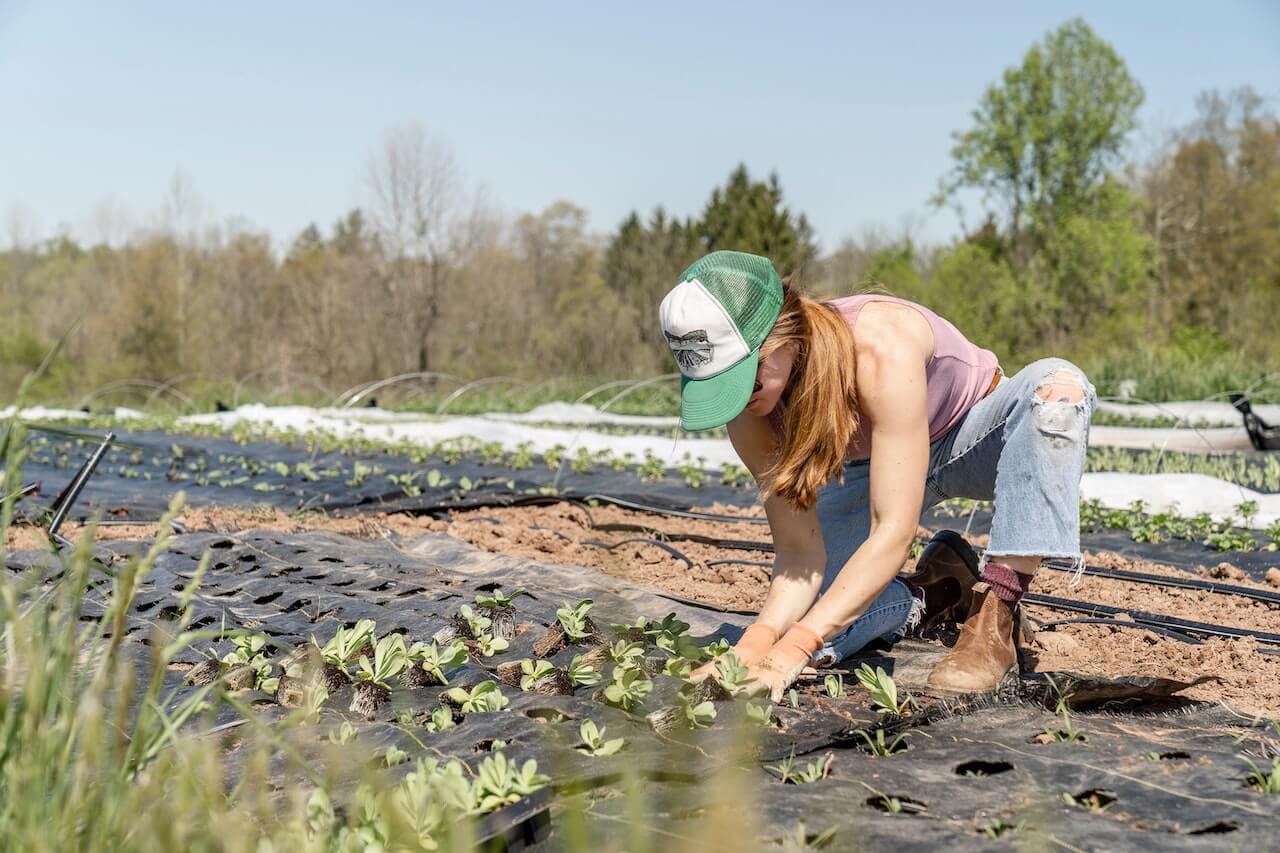
Imagine, for a moment, eating delicious, healthy meals of a quality far beyond what most people experience in even the most expensive restaurants. Flavoursome vegetables harvested only minutes before appearing on your plate; succulent meat from animals who lived happy lives untouched by the infested squalor of the factory farms; dishes prepared lovingly by skilled cooks whose secrets have been passed down from generation to generation. You can eat these meals every day for free.
Imagine spending your time breathing clean air in beautiful countryside, taking pleasure in a relaxed routine that allows you to focus on your own self-enrichment. Physical exercise is an easy, natural part of your life and you feel healthier every day. You are part of a community that cares about you and educates you in their skills and knowledge freely. You are surrounded by people from all stages of life, each of whom are enjoying their own journeys; other travellers whose stories you can relate to and who seem to understand you far better than your friends back home. You are paying nothing for these experiences.
Is this paradise? A communist utopia? A pseudo-spiritual cult? Nope, it's simply volunteering for food and shelter. And if it's used in combination with hitchhiking, it could potentially allow you to travel indefinitely with virtually no money while living a vastly higher quality of life than if you were working at home. Of course, every volunteer position has its flaws. But the description above is not that far from the truth – volunteering is one of those deals that is so good, it's difficult to believe it really exists.
Understanding volunteer work
Volunteering for food and shelter works like this: you sign up to a website that contains a list of organic farms, communities, and other projects that are looking for volunteers. There are many thousands of these all around the world. You search through the list in order to find a project that catches your interest. Once you've found a project you like, email or phone the people who manage the project and arrange to visit them. They may give you a brief interview over the phone, but it's very casual.
Once you're at the project you'll be expected to work 25-30 hours a week. In exchange you'll be given all the food you can eat, a place to sleep, and you'll be taught many new valuable skills. You have no obligation to stay for any length of time – so if you don't enjoy the work, you can leave immediately. It is common to stay for around 2-4 weeks at a project, which is perfect for travelling.
The work itself depends on the project you choose, but you can expect to be harvesting vegetables, tending to animals, operating machinery, painting, demolishing, constructing, cooking, weeding, chopping firewood and so on. It's usually satisfying work with immediate reward. Most of the projects are farms or small communities, but you can also volunteer on boats, in family homes, and in hostels. You choose where you volunteer, so you have a lot of control over what kind of work you actually end up doing.
You don't need a work VISA to volunteer in most countries, which means you can do it no matter what your travel status (do your research first of course). You don't need any qualifications, either, although you must be an enthusiastic and hard worker. There are no age restrictions, but most volunteers are between 17 and 30.
There are some important drawbacks, however. It never costs any money to join a project, but you do have to pay a small fee to access the websites that put you in contact with them. Most projects will require you to take part in some form of communal living: this means that you will be sharing your living space and expected to contribute to chores and general social activities outside of your work hours. You will live with people from all walks of life, with many different kinds of beliefs and attitudes, so it is essential to be open-minded.
You also cannot expect to earn any money while volunteering, although it is possible that you will be paid a small amount if you stay with a project long enough. If you're trying to build up your savings for further travel, you'll need to find paid work. Occasionally you can turn a volunteer position into a paid position, however.
It should be stressed that you need to take care to choose projects that will suit you. Vegetarians might want to skip the organic meat farms. Militant atheists should probably avoid strongly religious communities. However, most projects are up front about their beliefs and lifestyles, so it's easy to find one that matches your own outlook on life. There are, of course, communities out there that treat their volunteers poorly – it's worth emailing a few previous volunteers to find out what a project is like beforehand.
Volunteering is an extremely valuable tool for the long-term hitchhiker. If used correctly, you can find like-minded people to continue your journey with, learn lots of new skills, and live a lifestyle that is far healthier and more enjoyable than the ones most people work full-time jobs for. However, although you benefit considerably from volunteering, remember that the emphasis is always on the giving. Don't take advantage of the hosts generosity. Always be considerate and follow whatever rules they have chosen to live by for the duration of your stay.
Some good websites for finding volunteer work are WWOOF.net, Helpx, and Workaway. If you've never volunteered, I strongly recommend it – it's essentially the university of travelling.